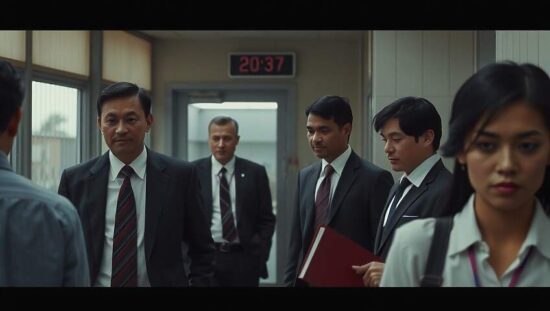The Saxon State Minister for the Interior, Armin Schuster (CDU), has publicly pressed Foreign Minister Johann Wadephul (CDU) to urgently provide a comprehensive assessment of the situation in Syria, simultaneously reiterating calls for increased deportations to the war-torn nation. Schuster’s criticism, delivered in an interview with the “Rheinische Post” directly challenges the current government’s handling of Syrian affairs and highlights a growing rift within the governing coalition.
Schuster argued that the Foreign Office, under the previous “traffic light” coalition government, neglected to deliver a realistic appraisal of conditions in Syria for an unacceptable length of time. He insisted this vacuum must be rectified swiftly and professionally under the new leadership, suggesting a lack of diligent oversight previously hampered effective policy-making. The Minister’s comments appear intended to set a clear agenda for the incoming Foreign Minister and to signal a shift in approach.
His rebuke of recent observations made by Minister Wadephul during a field visit to Syria was particularly pointed. Schuster dismissed the value of such personal assessments, stating they could not substitute for a thorough and impartial assessment of the national situation. He reinforced the demand for the deportation of repeat and intensive offenders to Syria, asserting that the security interests of the German populace should unequivocally take precedence over the individual residency rights of those slated for return.
The positioning of Schuster’s statements is likely to intensify the political debate surrounding repatriation policies and the assessment of Syria’s stability. Critics will undoubtedly question the Minister’s prioritization of deportation over humanitarian considerations and the potential risks faced by those being returned. Furthermore, the call for a “realistic” assessment of Syria’s conditions raises deeper questions about the Foreign Office’s criteria for evaluating safety and security in conflict zones and the potential for political pressure to influence those judgements. The timing of the intervention suggests an attempt to steer the new government’s agenda and force a decisive shift towards a tougher stance on Syrian refugees and returnees.





